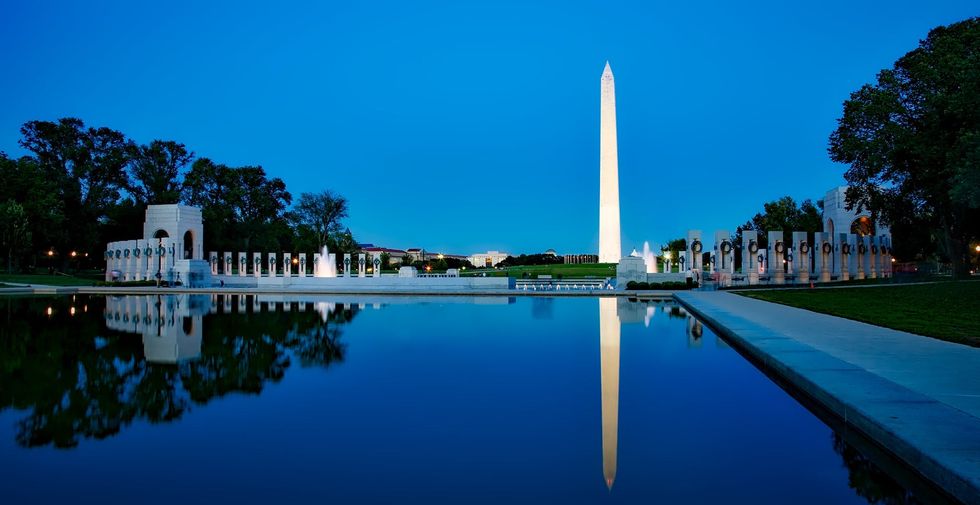I sighed as I scrolled through my Instagram feed.
Picture after picture showed yet another tanned, skimpily-clad friend or classmate of mine who smiled in the sunshine filtering through the blue skies of Florida, California or Aruba. It was the timeless college phenomenon known as Spring Break.
Meanwhile, I shivered as I drew my coat closer to preserve my body heat that insisted on escaping into the cold, gray skylines of Washington, DC. I chose to participate in WAB, a program at Wake Forest known as Wake Alternative Break that is a volunteering/seeking social-justice opportunity for students over the course of spring break.
Knowing that my spring break would be a long week spent alone at home while my brothers attended school and my parents worked, I applied for a WAB trip located in DC that would focus on education-access. As a first-generation student who wanted to learn more about educational opportunities for students of varying socioeconomic statuses (and as a cultural nerd who delights in the city's national monuments and museums), I believed this would be a great "alternative break" for myself.
I knew none of the other students attending the trip, and I first had several misgivings about the group with whom I would spend the next seven days. However, my anxiety quickly left me that first day as we traveled almost seven hours together to the city.
I was one of six students who went--all female, and five of whom were also first-generation students. To my relief, they were all down-to-earth, relatable young people who also understood firsthand the discrepancies which different class backgrounds among students cause in education.
During the week, we met with two advocates for education policy and U.S. Congresswoman from North Carolina, Virginia Foxx. We also had the opportunity to have dinner with Wake Forest alumni to speak with them about their own college experiences and how they reached the positions where they are today.
We also volunteered with a nonprofit called Martha's Table, an organization that provides food and education to residents and students in DC. One organization that I particularly enjoyed visiting was The Potter's House, a local social-justice haven that functions not only as a coffeehouse and bookstore but also as a nonprofit that helps engage the community by providing a welcoming atmosphere for conversation on topics ranging anywhere from literature to politics. They also work to provide meals and other necessities for the local community.
Perhaps most of all, the WAB trip truly inspired me to be more intentional in being open-minded. Especially in coming to college from my small, homogeneous home community where having a different opinion from the majority can invite serious derision and backlash, I find it refreshing to be able to discuss issues among a myriad of voices.
Is it awkward at times to encounter conflicting political views or stances on a current topic? Absolutely. However, I am learning that this awkwardness is something we should all embrace rather than avoid, for it is the avoidance of it that inhibits us from intellectual debate and human understanding. How are we to solve the issues that plague both individuals and our society as a whole if we are not open to communication?
I will be the first to admit that I am politically divided. This week especially, in discussing different issues in education-access for students of different demographics from both liberal and conservative points of view, I personally cannot speak completely for or against either of them, as both sides have their merits and their drawbacks.
What I do know, however, is that I am always learning. I am learning to step back and think critically about what it means to be a student in America. I find myself challenging political views that I have always accepted because they were familiar, as well as considering how certain policies affect individuals from various socioeconomic statuses, not just the status of my own.
More than ever, I find myself asking questions.
How do we each experience education, politics, religion, and social status differently?
Why do our differences matter?
How can we build upon these individual differences to become one unified community working together?
While these questions may not lend themselves to easy answers, this spring break trip has encouraged me to learn more about my own role and about how I can engage others in this conversation.
While a northern city isn't the first scene that someone imagines upon hearing the words "Spring Break," I would not have spent my break anywhere else. What I experienced and what I learned will continue to burn within me long after my sun-kissed skin would have faded.
















